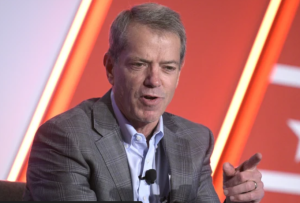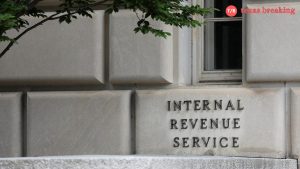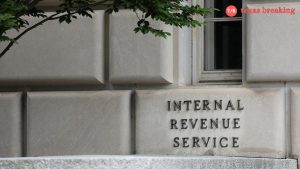Nebraska’s Republican Governor, Jim Pillen, reaffirmed his decision to reject $18 million in federal funding for the 2024 Summer Electronic Benefits Transfer for Children (Summer EBT) program. This initiative, introduced during the COVID-19 pandemic, aims to assist families with children eligible for free and reduced-price school lunches by providing pre-loaded EBT cards. The cards, similar to SNAP benefits, would offer $40 per eligible child per month during the summer months to purchase groceries.

Despite pleas from advocates for children and low-income families, Governor Pillen stated in a press release that Nebraska would not participate in the program, emphasizing his belief that pandemic-era relief programs should conclude now that COVID-19 is no longer prevalent. This decision has drawn criticism, with the governor stating, “I don’t believe in welfare,” during a subsequent news conference.
Governor Pillen’s stance aligns with that of neighboring Iowa, where Republican Governor Kim Reynolds also opted out of the program, citing concerns about the promotion of nutrition and childhood obesity. States participating in the federal initiative are required to cover half of the administrative costs, estimated at $300,000 for Nebraska. Advocates argue that this administrative cost is negligible compared to the $18 million benefit, expected to assist 175,000 Nebraska children facing potential hunger during the summer.
On Friday, advocacy group Nebraska Appleseed delivered a petition with over 6,100 signatures from across the state, urging Nebraska to reconsider its decision. Signatories emphasized the program’s necessity, especially amid rising inflation that has outpaced many households’ incomes. One mother from a small rural town stated, “The extra money for food would free up money for things like bills and savings, and car maintenance.”
Governor Pillen maintained that the state would continue supporting food-insecure children through the Summer Food Service Program, offering meals and snacks at various sites during school breaks. However, critics argue that not all families, particularly those in remote rural areas, have access to on-site programs, making Summer EBT a crucial alternative.
Jenni Benson, president of the Nebraska State Education Association, emphasized the unquestionable need for food for children, while community advocate Preston Love Jr. questioned whether Governor Pillen’s decision was influenced by political considerations rather than compassion for children.
As of Friday, 28 other states and six U.S. territories and Native American tribes had confirmed their participation in the Summer EBT program, according to the USDA.
Read Also – Chaos Erupts at Grand Central Terminal: Alleged Racist Stabbing Leaves Two Teens Injured




